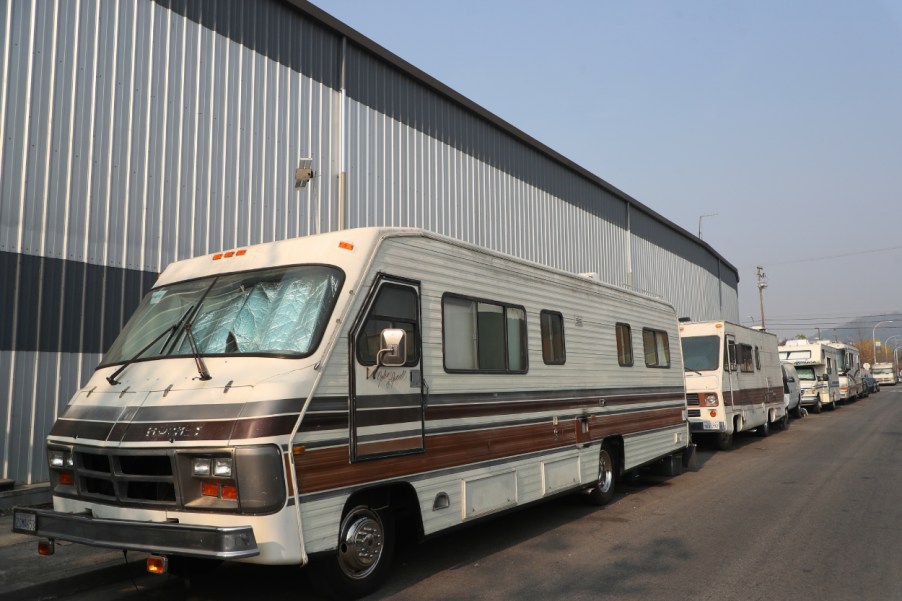
The City of Seattle Has a Growing RV Problem
When the warm weather comes, people tend to get out their campers, trailers, and RVs and go camping for a few days. When they get back, they put away their camping vehicles and get on with life. But not everyone has that luxury.
Seattle is one city seeing a growing problem with RVs, and it has nothing to do with camping. The Seattle Times has an article explaining what the issue they have is with RVs and why it could get worse.
What exactly is the problem in Seattle?
People usually use RVs and trailers for camping under the stars for a weekend or so while they get away from their busy lives. Seattle, however, has a growing problem where these campers are fast becoming ‘homes’ instead of recreational vehicles.
Those who don’t have access to a traditional home or apartment end up living in their cars or RV trailers. Typically, they would find a place to park, stay there, and then move on after 72 hours, because the local law stated that no one could park in a public space longer than that.
When the Coronavirus (COVID-19) hit, they lifted many laws, and this was one of them. They allowed people to park indefinitely without repercussions. While it certainly helped those who couldn’t afford to pay for a place, it appears that it may become a much bigger issue down the road when those laws go back into effect.
How the growing RV problem will become worse
According to the Seattle Times article, the city has a Mitigation Team that watches out for the homeless taking refuge in their cars or RV trailers. Joe Ingram, one of the volunteers of the group, explains the growing problem to come. There are a couple of ways that the situation could get worse.
One problem is when the rent moratorium finally lifts. People who can’t pay the rent are likely to get evicted, and many of those will have no choice but to live in their cars or RVs. Seattle will see a huge increase in these vehicles parked throughout the city.
The second problem is with the current vehicles that sat in one place for far too long. The longer they sit, the less likely these vehicles will actually start. If they can’t get them going, they can’t move them. Most won’t have the money to replace the batteries or repair their vehicle either.
When the parking rule gets reinstated again, some of these people will lose their only means of shelter. They’ll be driven to the streets, where they must find some kind of place to get out of the elements.
What is the city planning to do to alleviate the RV problem?
The Scofflaw Mitigation team, the one Ingraham is a part of, has been working with these homeless people for many years. They know each and every vehicle and can tell you about each person who lives there.
Anytime one of them has a parking fine, or if they get towed, the team is there to help. They even go so far as to help them move out of the car or RV trailer and into some kind of housing.
Unfortunately, before COVID-19 hit, the homeless RV population reached approximately 3,000 people, although that number is understated according to some.
The founder of the Scofflaw Mitigation team, the Reverend Kirlin-Hackett, received funding to pay his volunteers to help out the city’s RV homeless population, but the city has cut the funding for the 2021 budget.
Whether they ultimately get more funding for their project, the team will continue to volunteer and be a source of help for those who live in the RV on a permanent basis.
While some people gas up their RVs to get away for a few days, they usually get back to their life as well as their home and the camper sits in their backyard awaiting the next adventure. In Seattle and other big cities, they’re used for much more than that. They’re shelters for those who simply can’t afford a better place to stay.


